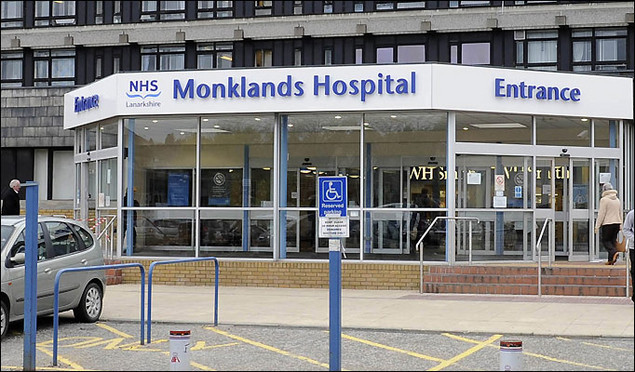I was pleased to have the opportunity to speak in last week’s debate in the Scottish Parliament on the Scottish Government’s Mental Health Strategy. My contribution to the debate can be viewed here, at 44.50.
Mental health is still dogged by stigma and ignorance, with many people still unwilling to admit its legitimacy or potential severity.
Mental health problems are closely linked to, and exacerbated by, stress and anxiety. With the economy stagnant, jobs at a premium and welfare reforms and revised capability assessments cutting away at the social fabric, today’s society is, for increasing numbers of people, especially in poor and deprived areas, a worrying place to be.
It comes as no surprise, then, that a study conducted by a group of Glasgow based GPs has reported a stark rise in the number of patients reporting with poor mental health.
Against this backdrop, I welcome the Scottish Government’s commitment to improving Scotland’s mental health, as outlined in its Mental Health Strategy.
But a Mental Health Strategy is of little practical use if it is not adhered to.
For the past few years NHS Lanarkshire has been working to improve its mental health services and to shift the emphasis of care from inpatient to community based provision (as recommended by the Mental Health Strategy).
NHS Lanarkshire’s Modernising Mental Health proposals, which had the full support of the previous Cabinet Secretary for Health, Nicola Sturgeon, as well as that of local service users, were due to be presented to the NHS Lanarkshire board in September 2012.
However, the new Cabinet Secretary for Health, Alex Neil MSP, intervened and instructed NHS Lanarkshire to revise the proposals. According to an email sent last September (2012) by officials in the Scottish Government’s health department, a final decision will be made “soon”. It is now Janauary 2013, and we are no further forward.
As a local MSP – for Airdrie and Shotts – Mr Neil was a vocal critic of NHS Lanarkshire’s proposals. However, as the Ministerial Code makes abundantly clear, Ministers should exercise extreme caution before intervening in portfolio matters within their own constituencies (a fact that Mr Neil recognised, albeit belatedly).
Given that the plans were supported by Mr Neil’s predecessor, I find this apparent volte face by the Scottish Government both frustrating and confusing.
Consistency is a valuable commodity in politics, as in life. This is perhaps especially so in the provision of health, where the right decisions are not always the easy ones.
There is little use in publishing a Mental Health Strategy only to refuse to implement it in practice, whatever the underlying reason.
I do not know what the future holds for the future of mental health provision in NHS Lanarkshire. All I want is what is best for service users. That is what they deserve, and I hope that is what they get.



